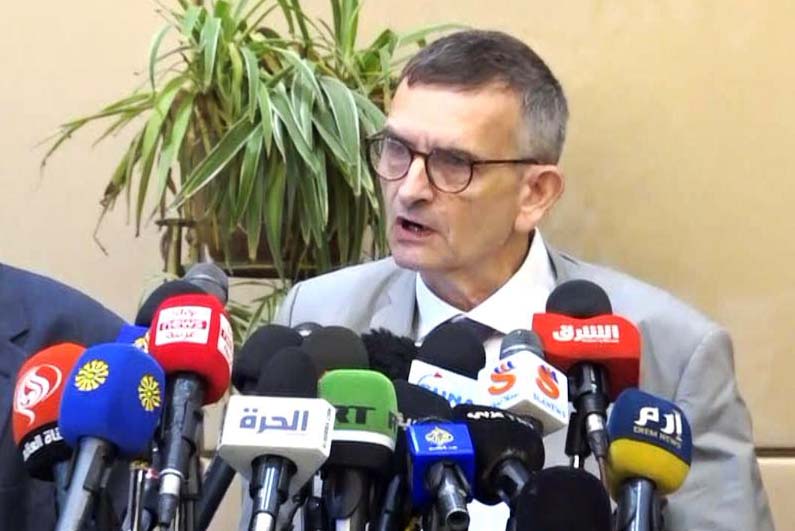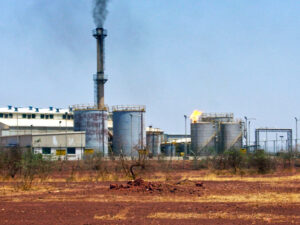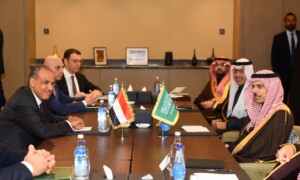UNITAMS head stresses importance of unified Sudan army

The Special Representative of the Secretary-General and Head of the United Nations Integrated Transition Assistance Mission in Sudan (UNITAMS), Volker Perthes, addresses the opening of the Security Reform Workshop at the Friendship Hall in Khartoum on Sunday (Photo: SUNA)
KHARTOUM –
The Special Representative of the Secretary-General and Head of the United Nations Integrated Transition Assistance Mission in Sudan (UNITAMS), Volker Perthes, has stressed the importance of having a unified and modern Sudanese army to serve the country and the citizens in line with the democratic transition.
Speaking on behalf of the UNITAMS, African Union (AU), Intergovernmental Authority on Development (IGAD) Trilateral Mechanism at the opening of the security reform dialogue conference at the Friendship Hall in Khartoum on Sunday, Perthes praised the progress and consensus between the political forces and the military component in moving towards a final agreement for the political process.
Perthes called on the non-signatory parties to join the political process, and said that this requires flexibility, considering that the Juba Peace Agreement is a reference for the security reform process.
The representative of the European Union said that the security and military reform workshop sends a clear signal about the progress of the political process forward towards civilian rule, adding that the process of reforming the security sector is a long process, and indicated that security and military reform are among the most important issues facing Sudan.
The quartet mechanism welcomed the workshop, and affirmed its encouragement to the participants to build a minimum level of consensus and establish a civilian government, announcing its support for the agreement, security and military reform, and providing technical support.
The Security Reform Workshop will last for four days, and will discuss issues of reform in the military and security system, leading to a single professional and national army, security arrangements, and reform of the police and intelligence services.











 and then
and then